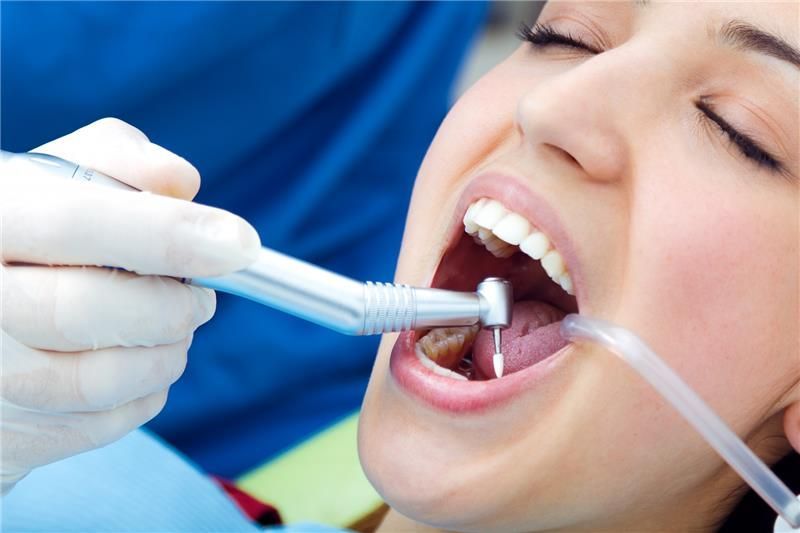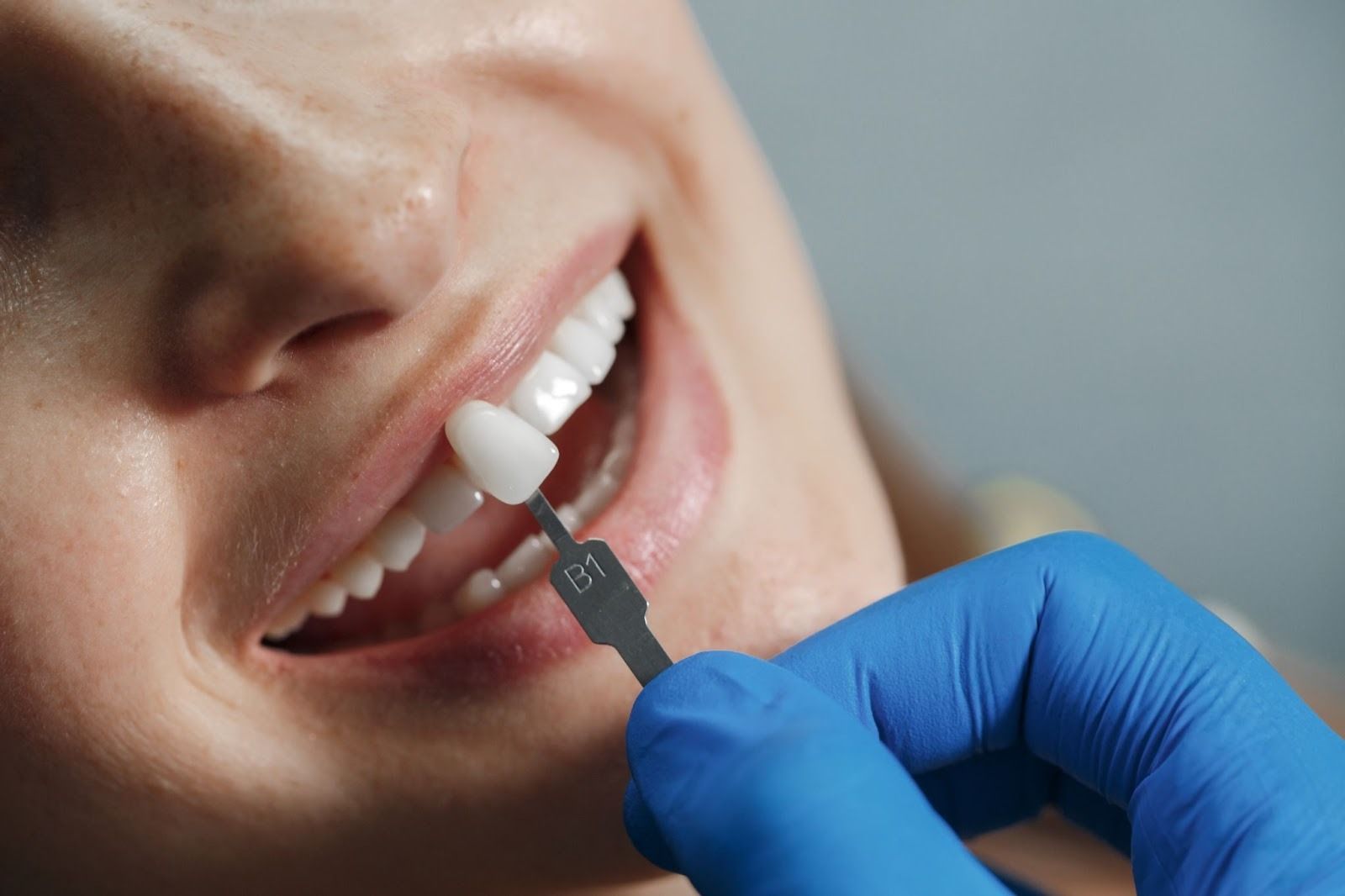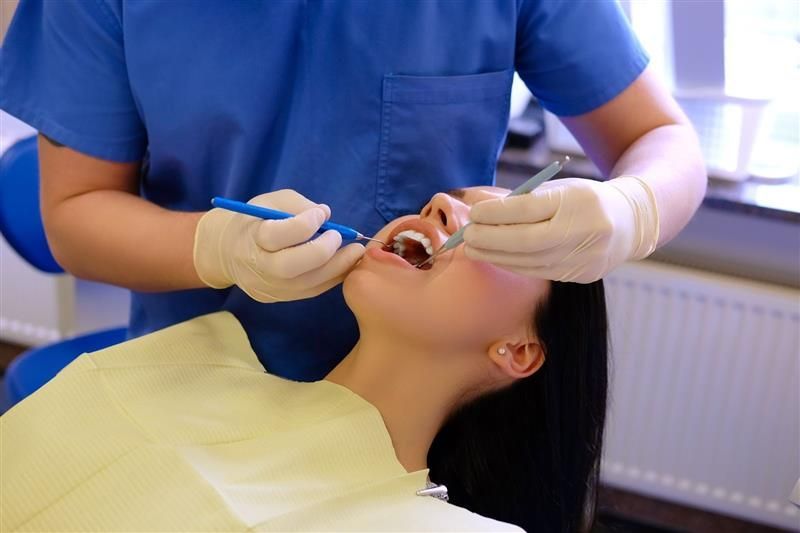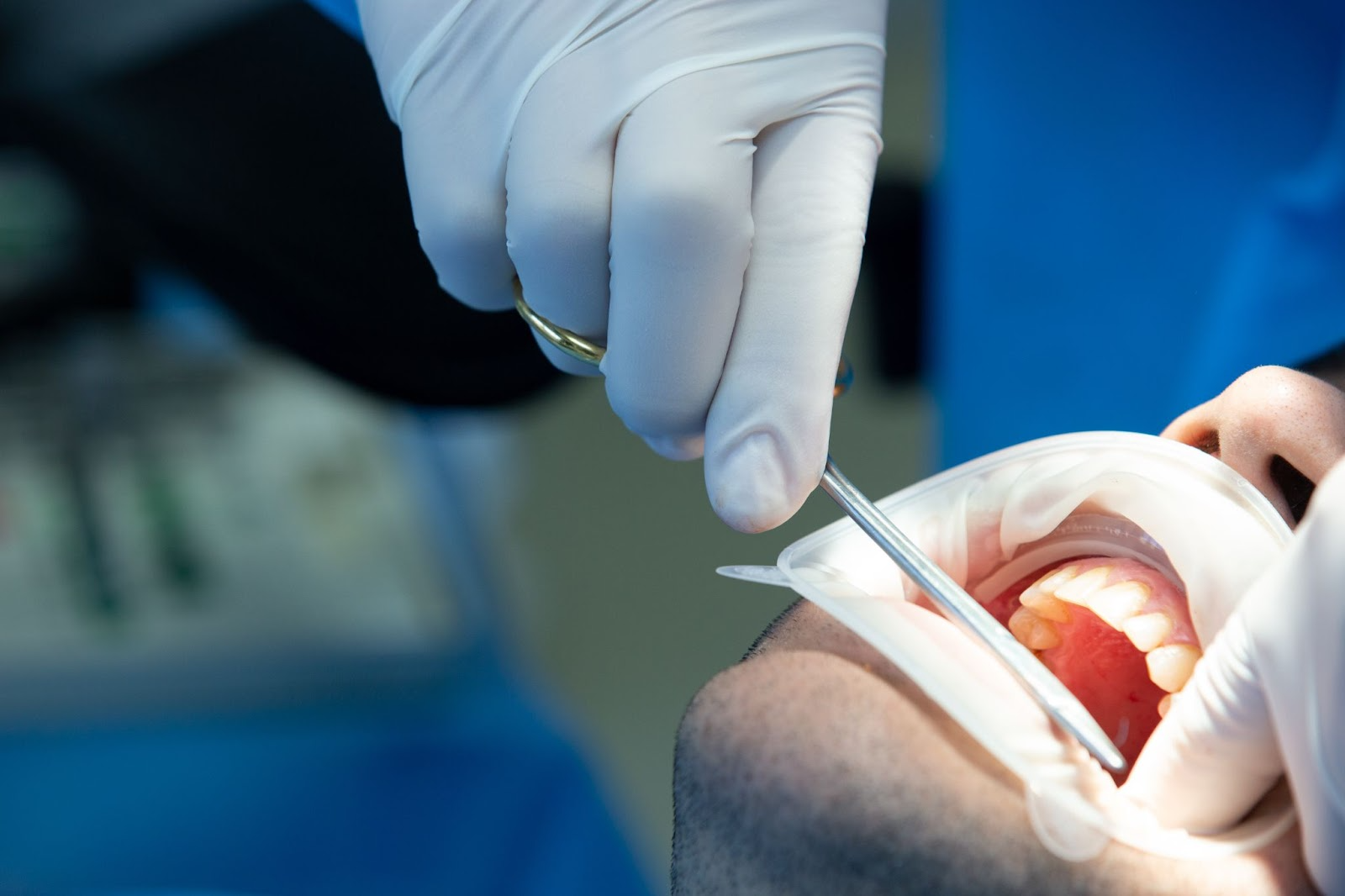7 Natural Home Remedies for Toothache

Toothache is annoying. From disrupting your appetite to disturbing your sleep, toothache can cause much more nuisance than we imagine.
It's essential to identify the root cause, which a dentist can do better. But before you visit cosmetic dentistry in Bushwick , here are a number of natural home remedies that you can try for temporary relief.Saltwater Rinse
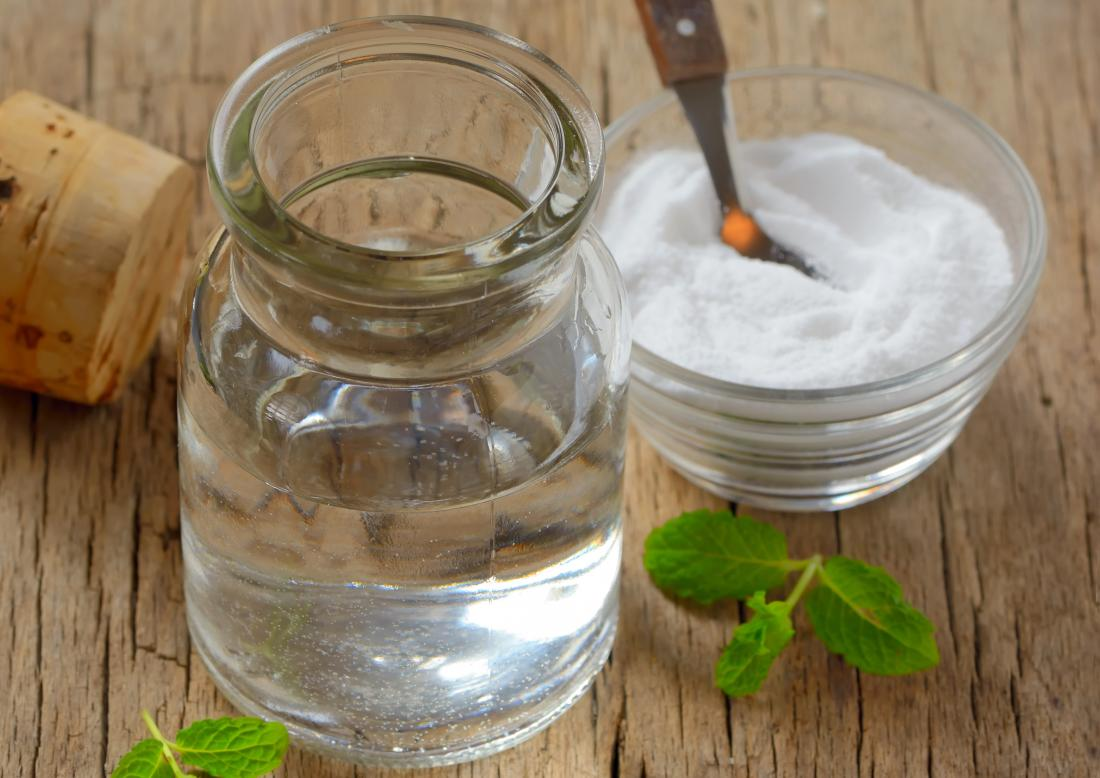
Saltwater rinse is the most common natural home remedy for toothache. It is a natural disinfectant and antibacterial agent that may help reduce inflammation, heal any oral wounds, and protect your teeth from infection.
Saltwater rinse can help loosen and remove any food particles stuck in your teeth.
How to Rinse your Mouth with Saltwater
- Take a glass of warm water.
- Mix 1/2 teaspoon of salt into it.
- Swish it around your mouth for 10–15 seconds.
- Spit it out.
Note: Do not swallow the saltwater, as it isn't healthy to ingest and can cause dehydration.
Peppermint Tea Bags

Sucking on peppermint tea bags or swishing peppermint tea may help you soothe sensitive gums and provide temporary relief from pain. It contains natural antioxidant and antibacterial compounds that have a numbing effect on tender areas.
How to Use Peppermint
Apply a used peppermint tea bag (slightly warm) to the affected area to reduce the pain. Or, you can freeze the used peppermint tea bag and apply it on the affected area. It will act as a cold compress.
Hydrogen Peroxide Rinse
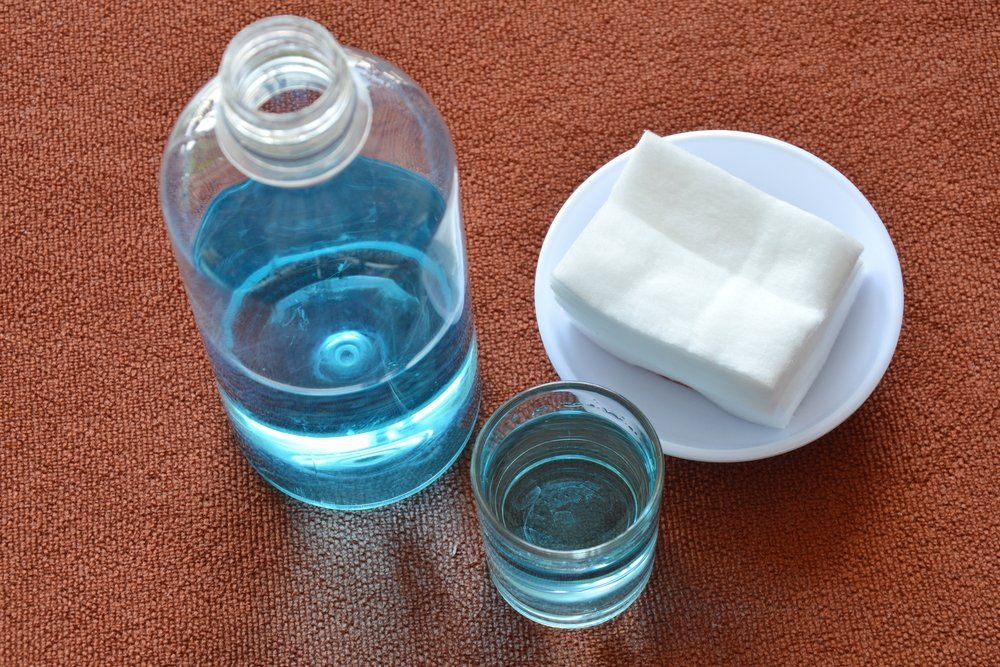
Toothache is a common symptom of periodontitis, which is a gum infection that usually happens because of poor oral hygiene. Besides toothache, periodontitis can cause various issues such as bleeding gums, soreness, etc.
According to a study, it was found that rinsing your mouth with diluted hydrogen peroxide solution actually healed bleeding gums.
How to Rinse your Mouth with Hydrogen Peroxide
- Dilute hydrogen peroxide (food-grade) with equal parts of water.
- Rinse your mouth with it (use it as a mouthwash).
- Spit it out.
Note: Do not swallow the hydrogen peroxide solution.
Cold Compress

Cold compress is also an effective way to ease toothache. It relaxes the blood vessels and makes the surrounding area constrict. It helps pain less severe by reducing any inflammation and swelling.
How to Use a Cold Compress
Apply ice pack or ice wrapped in a towel to the affected side of the jaw for 15–20 minutes after every few hours.
Garlic

It is one of the most common household ingredients used by people to alleviate toothache for thousands of years. The main ingredient in garlic, named Allicin, has effective antibacterial properties that help kill the harmful bacteria that lead to tooth pain and cavities.
How to Use Garlic
- Chew a clove of garlic and allow it to sit near the site of pain.
- You can crush a garlic clove and mix it with mustard oil to form a paste.
- You can also add a pinch of salt to reduce the concentration of garlic flavour.
Vanilla Extract

It contains a small amount of alcohol that helps to relieve toothache. The antioxidants properties in the vanilla make it an effective healer.
How to Use Vanilla Extract
Put a few drops of vanilla extract on a cotton ball and apply to the affected area. Repeat the process a few times a day.
Clove
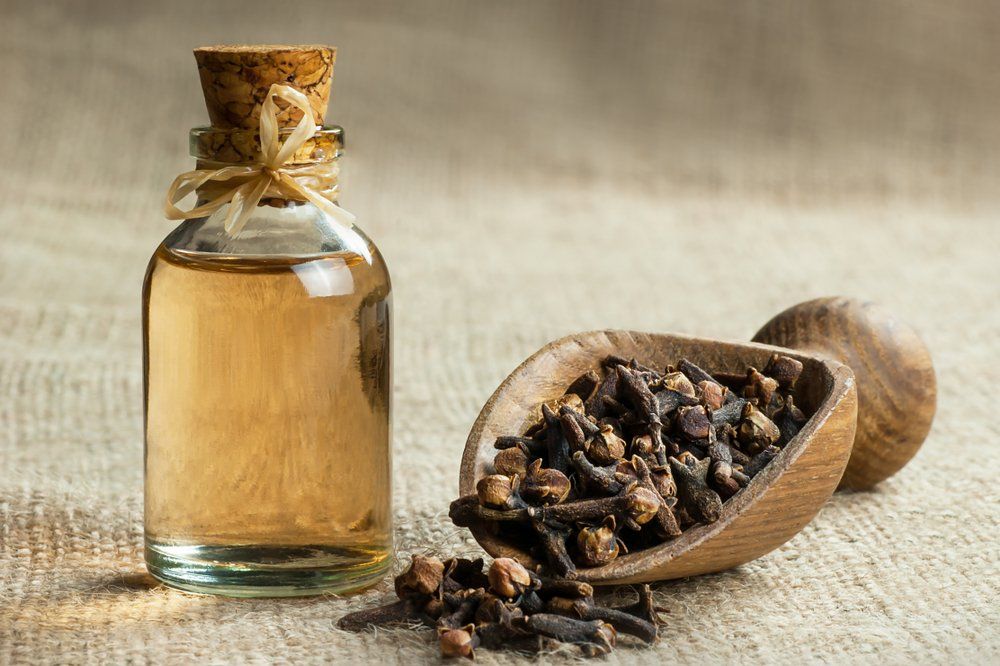
The oil present in the clove can reduce inflammation by numbing the pain. Its main ingredient, eugenol, is a natural antiseptic and acts as an analgesic to numb the area.
How to Use Clove
- Put 2 to 3 drops of clove oil onto a cotton ball diluted with a few drops of carrier oil—mustard oil, water, or olive oil—and apply it to the affected area.
- You can soak ground cloves in water and make a paste.
- You can also add a few drops of clove oil to a small glass of warm water and rinse your mouth like a mouthwash.
- Repeat this a few times per day
Visit your Dentist
If your toothache persists for more than two days, you need to visit your general dentist office for proper treatment. They can also guide you on how to prevent future pain.
Many toothaches will need professional medical attention. Some over-the-counter toothache pain reliever—naproxen or ibuprofen—could help you ease the pain until you visit your dentist.
You should immediately consult with your dentist if you experience any of the below-mentioned symptoms along with toothache:
- Severe pain when you bite or chew
- Foul-tasting discharge
- Trouble in swallowing or breathing
- Swelling
- Abnormally red gums
- High fever
- Pain that lasts more than one or two days

